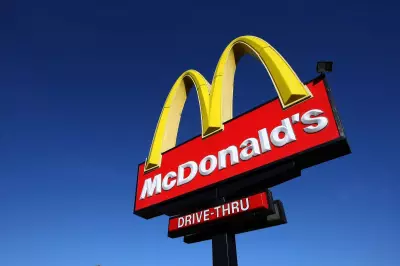
Millions of Britons approaching retirement age are being caught in a benefits squeeze, as government rules prevent them from claiming both the State Pension and certain other payments simultaneously.
The Department for Work and Pensions (DWP) has confirmed that several key benefits automatically stop when someone reaches State Pension age, currently 66 in the UK. This includes payments like the State Pension, which serves as a foundation for retirement income.
Which Benefits Are Affected?
The following benefits cannot be claimed alongside the State Pension:
- Jobseeker's Allowance
- Employment and Support Allowance
- Income Support
However, some benefits like Pension Credit can be claimed in addition to the State Pension, potentially boosting weekly income for eligible pensioners.
Why the Overlap Ban Exists
Government officials argue this policy prevents "double-dipping" into the welfare system. A DWP spokesperson explained: "The State Pension is designed to provide fundamental support in retirement, replacing certain working-age benefits that are no longer applicable."
Financial experts warn that failing to understand these rules could leave pensioners facing unexpected income drops. Sarah Coles, personal finance analyst at Hargreaves Lansdown, advises: "Anyone approaching State Pension age should review their benefit entitlements at least six months beforehand to avoid nasty surprises."
What You Should Do Next
If you're nearing retirement:
- Check your State Pension forecast through the government portal
- Review all current benefit claims
- Contact the DWP or Citizens Advice for clarification
- Consider consulting a financial advisor specialising in retirement planning
The State Pension age is set to rise gradually to 67 between 2026 and 2028, meaning more workers will need to navigate these complex rules in coming years.





